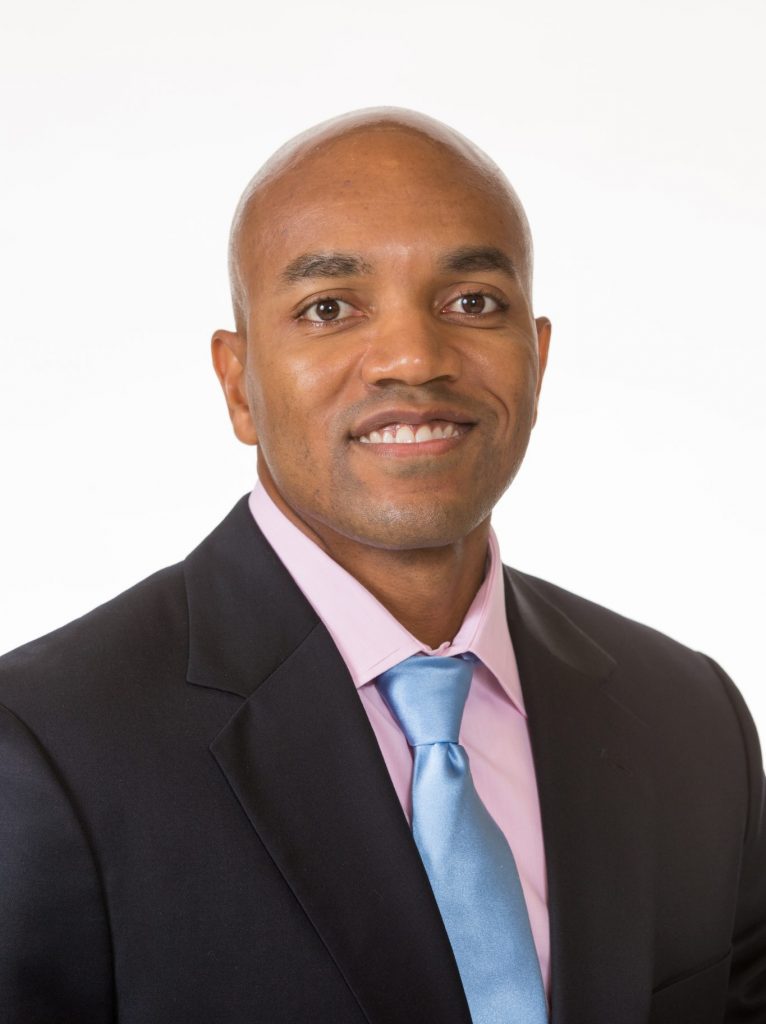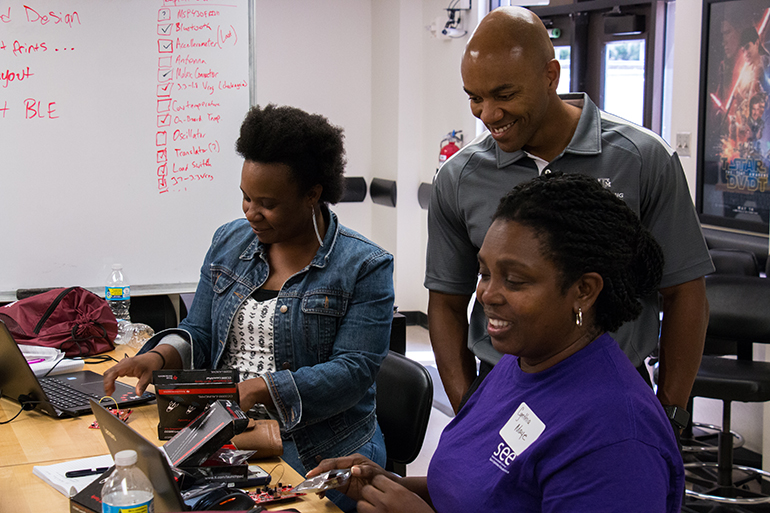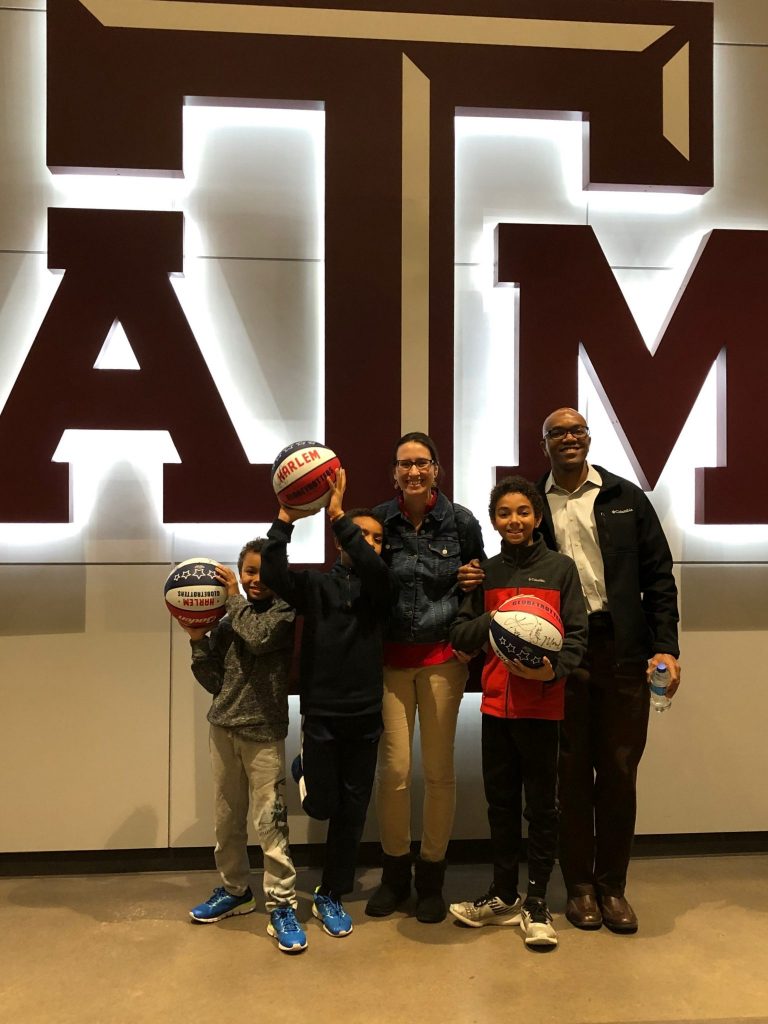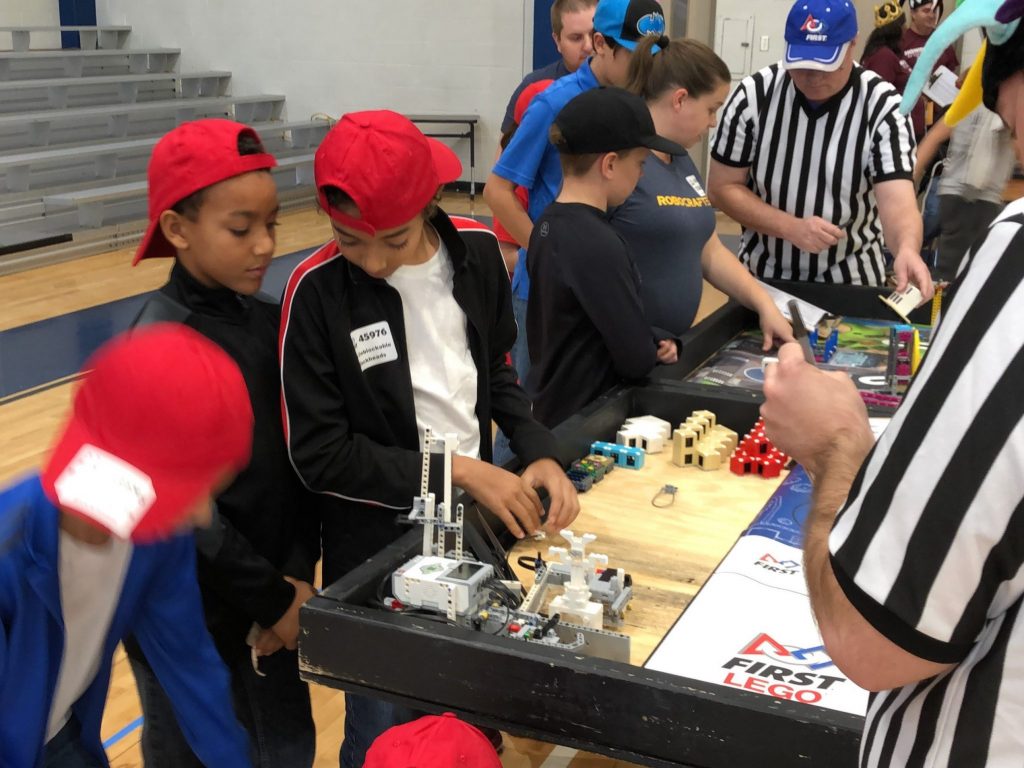Michael D. Johnson, Ph.D., is an advocate for improving engineering education through hands-on, experiential learning. He has helped thousands of students understand the real-world application of their studies. His work to “bridge the practice gap” has enhanced engineering technology education in his department, his community, his professional societies and at ABET as a program evaluator for the Engineering Technology Accreditation Commission (ETAC).
Johnson’s contributions to engineering technology education were recognized by the American Society for Engineering Education (ASEE) last year when they awarded him with not one, but two 2020 ASEE Awards: the Frederick J. Berger Award and the National Engineering Technology Teaching Award.
With over nine thousand members, ASEE is one of the largest societies for the U.S. engineering education community. The ABET member society annually recognizes individuals who exemplify the best in engineering and engineering technology education through a commitment to their profession, desire to further the Society’s mission and participation in civic and community affairs. Throughout his activities, Johnson embodies everything that distinguishes an ASEE Award recipient.
Designing Cars > Designing Products > Designing Courses
Growing up outside of Kalamazoo, Michigan, Johnson dreamed of becoming an engineer because of his love for planes and automobiles. He hoped to one day design cars for General Motors (GM), where his father worked in a stamping facility. Johnson’s interests, combined with his knack for math and science, led him to enroll at Michigan State University for a degree in mechanical engineering.
“Mechanical engineering has a very easy hook,” Johnson reflected. “People think, ‘oh, I like planes, I like automobiles, I like tractors, so I want to become a mechanical engineer.’ Once I started, it was very interesting to me that there wasn’t a lot of that actually in the curriculum.”
While pursuing his bachelor’s degree, Johnson was able to get some of the hands-on experience he was looking for by interning each summer with 3M. Through his internship experience, he realized that the people doing the really interesting work were typically those with advanced degrees, so after graduation, he moved to Cambridge, Massachusetts, to earn his master’s and doctorate degrees at the Massachusetts Institute of Technology (MIT). It was through his graduate studies in materials and design that his interest in designing cars fully pivoted to an interest in designing products.
After graduating from MIT, he returned to the Midwest to work as a product development engineer at 3M Corporate Research Laboratory. “As a practicing engineer, I didn’t feel there was as much overlap with my education as I thought there should be because engineering is practical, it’s applied,” Johnson stated. “I was learning a fair amount from experience and on-the-job training. Sure, I had the underlying math, science and engineering background, but things like project management or how to actually engineer products were not well covered in the curriculum at that time. Things have gotten a lot better in the last 25 years, but I did feel there was a disconnect between my engineering education and my engineering practice.”
Inspired to improve engineering technology education and better prepare students to enter the field after graduation, Johnson began teaching evening classes as an adjunct professor in the School of Engineering at the University of St. Thomas, St. Paul. This experience solidified his decision to make the transition from industry to academia.
He secured a position at Texas A&M University in 2007 as an assistant professor in the Department of Engineering Technology and Industrial Distribution (ETID).
“I told myself that when I get a chance to be in the classroom, I’m going to make sure that the students learn things that I think are important,” Johnson said. Early on, he was given the opportunity to develop applied courses that heavily leaned on the lessons he learned in industry. Over a decade later and these courses are still being offered at Texas A&M.
Now a tenured associate professor in ETID, as well as the Associate Dean for Inclusion and Faculty Success in the College of Engineering, Johnson has had a huge impact on thousands of students over the course of his time at the university. In fact, he chose a land grant institution for exactly that reason — to have a bigger impact on a broader group of people.
Johnson is a member of the Steering Committee that helped build the College of Engineering First Generation (FGEn) Mentoring Program at Texas A&M and continues to volunteer his time as an FGen Mentor.
“Our mission is to really be the outward educational opportunity for the people of the state,” Johnson said. “And a lot of people who don’t have that opportunity are going to be first generation students. I think that’s really the core of the mission of the university.”
Johnson also helped reestablish the Tau Alpha Pi Chapter of Texas A&M as its faculty advisor and went on to lead the Tau Alpha Pi National Board as 2014-2018 President. He continues to serve as a Board Member for the national honor society for engineering technology.
Becoming a Program Evaluator
After earning tenure, Johnson was looking for other ways to contribute to the university. Having been told, “We can’t do that because ABET won’t let us,” one too many times during faculty meetings, he set out to learn more about the organization.
“I thought understanding ABET would be beneficial to helping the next time we had an accreditation visit,” explained Johnson. “But also, what is it about this organization that limits us in our curriculum? Spoiler alert: it’s not ABET that prevents you from doing things.”
Johnson was shepherded through the process of becoming an ABET Program Evaluator by his colleague and longtime ABET Expert Walter Buchanan. Johnson became a program evaluator for the American Society of Mechanical Engineers (ASME) and SME (formerly known as the Society of Manufacturing Engineers) in 2014. He joined ETAC as a Commissioner and Team Chair in 2018 and currently serves on the ETAC Criteria and Quality Committees. In addition to ABET member societies ASEE, ASME and SME, Johnson is also a member of the Institute of Electrical and Electronics Engineers (IEEE).
Coach Johnson
Despite a full schedule of leadership positions at work and in his professional societies, Johnson still finds time to coach his sons’ flag football, basketball and soccer teams. He is also a FIRST® LEGO® League (FLL) coach for his sons’ team. FLL introduces science, technology, engineering and math (STEM) to children through hands-on learning. Teams of students engage in research, problem-solving, coding and engineering while building and programming a LEGO robot and then competing with other teams at the local, regional and national levels.
“The main thing I have to do is to step back and let the kids do it. And that requires a fair amount of discipline,” chuckled Johnson. “It’s the kids’ thing. I’m just here to provide guidance and help.”
From coaching children through building a Lego robot to developing undergraduate courses and lab activities for engineering technology and industrial distribution, Johnson finds experiential learning opportunities for students at every level. His own experiences led him to become an advocate for hands-on learning. His dedication and many contributions have been felt by his community, his university and his professional societies. Johnson will undoubtedly continue to make a positive impact on the field for years to come.





